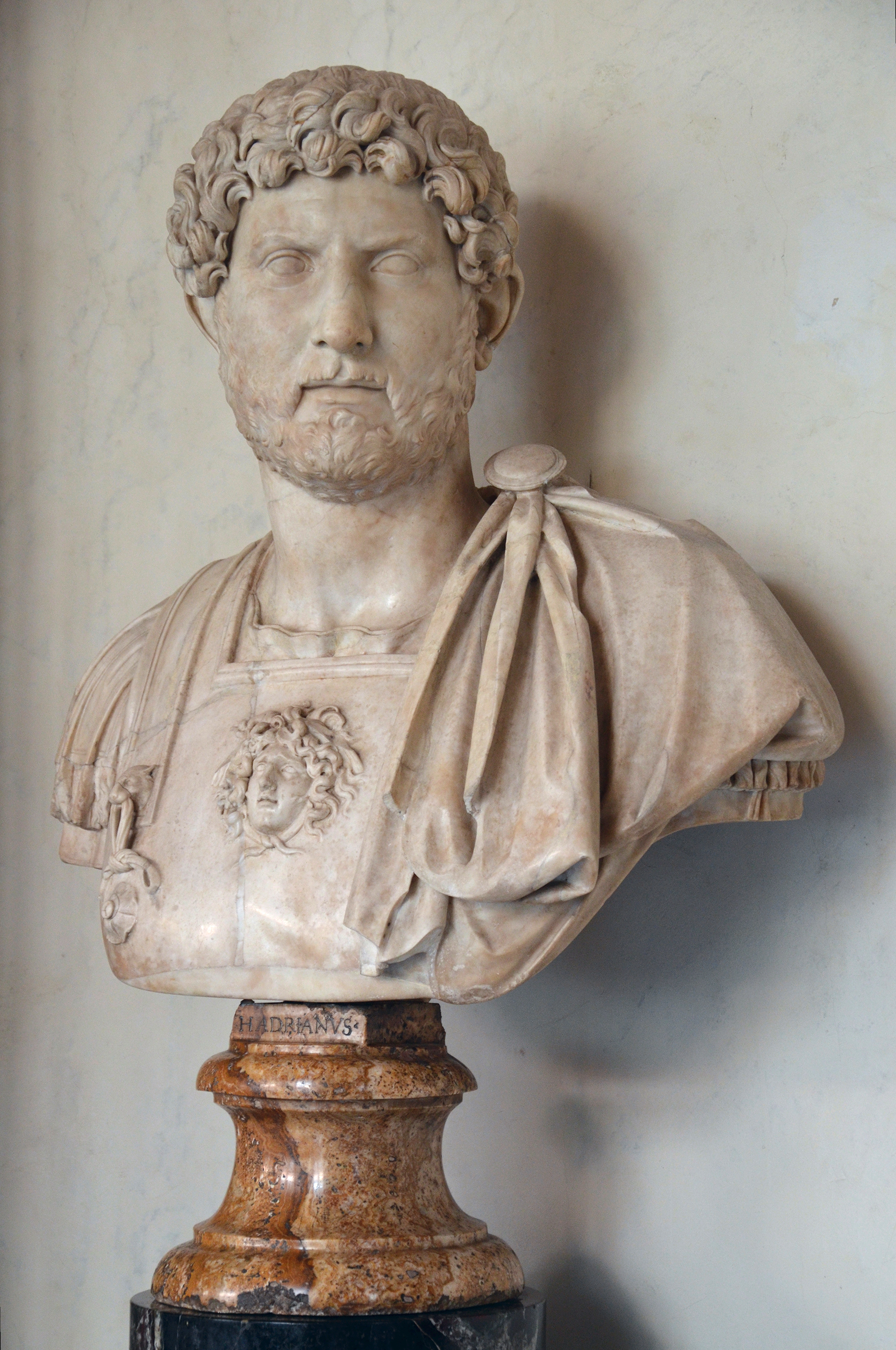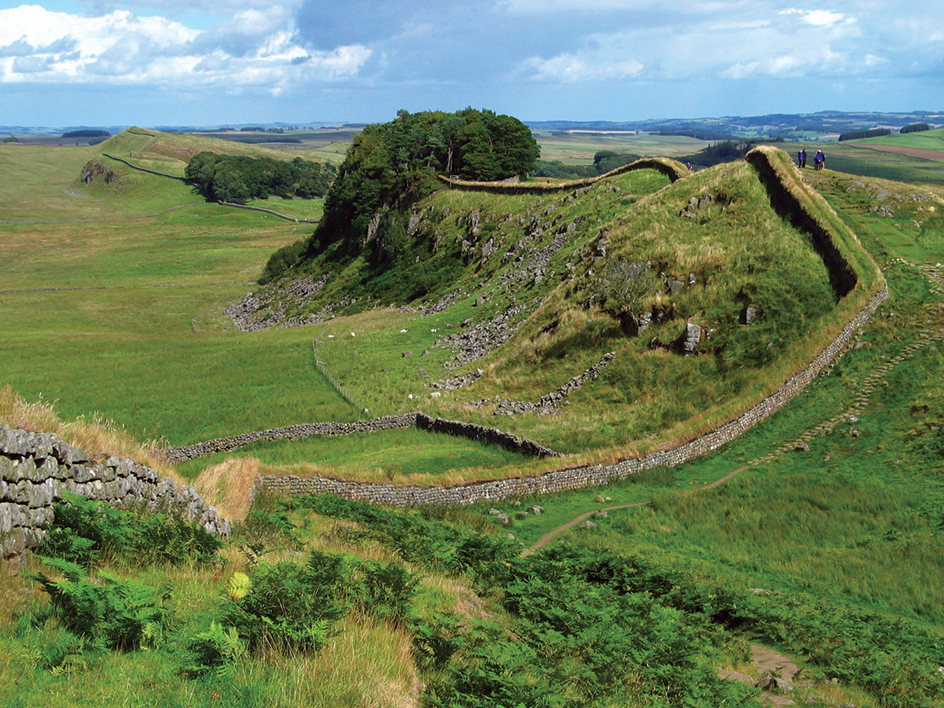Hadrian, << HAY dree uhn >> (A.D. 76-138) was a Roman emperor. He became known for the personal attention he paid to the provinces of the Roman Empire, nearly all of which he visited while he was emperor. He also began the process of organizing Roman law into a uniform code.

Hadrian undertook many building projects. The Pantheon, completed during his reign, still stands in Rome (see Pantheon ). Hadrian fortified parts of the frontier and built a stone wall in northern Britain (see Roman walls ). He founded two new cities–Antinoopolis in Egypt and Hadrianople in Thrace (now Edirne, Turkey). He also completed the huge temple of Zeus in Athens, which had been begun in the 500’s B.C.

Hadrian’s official name was Publius Aelius Hadrianus. He was born on Jan. 24, A.D. 76. He came from Italica in Spain. His father died during Hadrian’s youth, and Trajan, Hadrian’s cousin, became his guardian. Trajan became emperor in 98. Hadrian held military and senatorial posts and traveled to the northern and eastern frontiers of the empire. He became emperor after Trajan’s death in 117.
Hadrian was a poet, an amateur architect, and a student of Greek culture. His reign was generally peaceful. He rejected Trajan’s aggressive policies, ending a war with Parthia, a land beyond Rome’s eastern frontiers. To avoid further wars, he returned Parthian territory that Rome had won. The only major conflict occurred in 132, when Jews in Palestine revolted. Hadrian crushed the revolt in 135. He made Jerusalem a Roman colony and forbade Jews to worship there. In 138, Hadrian picked Titus Aurelius Antoninus (Antoninus Pius) to succeed him. Hadrian died on July 10, 138.
